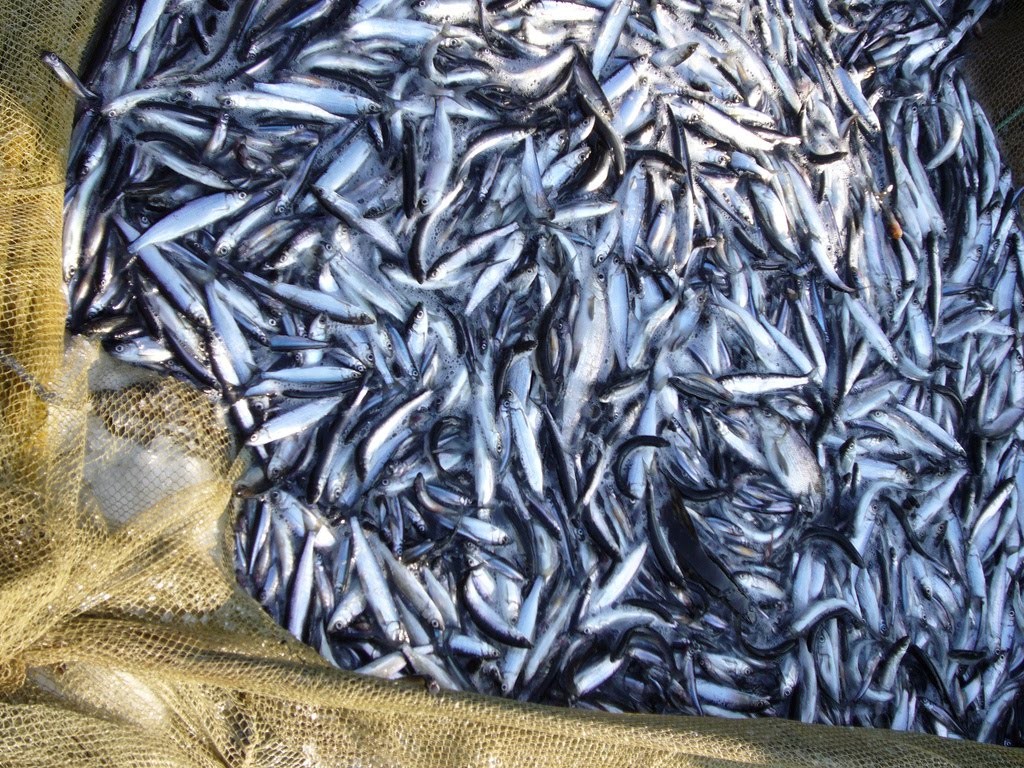Multi-billion dollar cost to fix global fisheries - but there is hope
by Media Services on 17 Jul 2012

Fisheries will be more valuable in the future, if stocks are left to recoup. SW
A new study by the University of British Columbia, Canada, estimates the cost of fixing global fisheries at around $292 billion and, on the upside, the research states that stocks would rebound if subsidies were dramatically reduced.
Rebuilding global fisheries would make them five times more valuable while improving ecology, according to a new University of British Columbia study, published July 13 in the online journal PLoS ONE.
It could cost up to $292 billion and take almost three decades, but University of British Columbia economists and ecologists have a proposal to save the world's fisheries. The report, titled 'Benefits of rebuilding global marine fisheries outweigh costs', blames government subsidies totalling $27 billion globally for over-fishing because the subsidies artificially support the industry. But it also acknowledges governments find rebuilding fisheries too costly in the short term.
The study was released last Friday in the online journal of the Public Library of Science. The team led by UBC professor, Rashid Sumaila called on governments worldwide to dramatically reduce subsidies to fisheries in a bid to stop unprofitable and unsustainable fishing.
He said eventually these cuts would result in more robust fish stocks and fisheries worth $54 billion, a great improvement from the $13 billion they lose each year.
'There are too many boats going for the fish. A key component is reducing the number of boats and therefore the number of people fishing. This is not going to be an easy thing, because fishers need their livelihood. They need to keep busy while the fish [stocks] rebuild,' he said.
The cost of that transition, including compensating and retraining fishermen, is $130 billion to $292 billion and will take four to 26 years, depending on the species and the health of the stock. But countries could recoup that expense within 12 years, and in 50 years, the return on investment could be three times the cost, the study states.
Cutting subsidies doesn't have to mean the money leaves the communities that rely on the industry, but could be redirected to retraining and other support. Experts also point to climate change as a potential threat to what they call one of the world's most important renewable natural resources, particularly for food security in developing countries.
Sumaila said he and his team are now working on modelling to discover how much rising ocean temperatures could cost the fishing industry in the future.
Read the full report at http://www.plosone.org/article/info%3Adoi%2F10.1371%2Fjournal.pone.0040542
If you want to link to this article then please use this URL: www.sail-world.com/99789